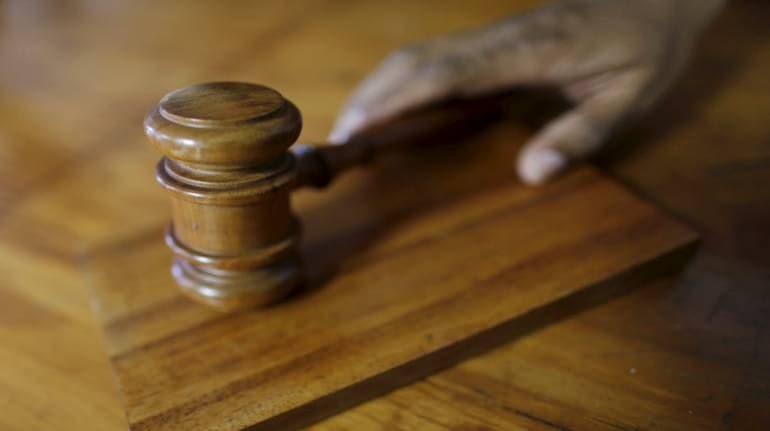



The last few days have been good for Indian democracy. The Supreme Court has delivered two key rulings that promote and protect the principles of free and fair elections. First, the Supreme Court struck down electoral bonds as unconstitutional and yesterday, the SC quashed the election results for Mayor Polls in Chandigarh.
On January 30, the mayoral elections in Chandigarh were conducted by the returning officer Anil Masih (‘RO’). A total of 36 votes were cast, and Bharatiya Janta Party’s Manoj Sonkar was declared the winner with 16 votes. Kuldeep Kumar who was the Congress-AAP candidate received 12 votes and the remaining 8 votes were rejected by the RO as invalid during the counting process.
Kumar challenged the election result before the Punjab and Haryana High Court and subsequently, the Supreme Court, arguing that the AAP-Congress alliance had a majority in the House, and the RO had deliberately rejected the 8 votes which were cast in their favour. Fortunately, the entire electoral process was videographed, and the Supreme Court called for the recording and the ballot papers to reach its decision.
The evidence clearly showed that the RO marked certain ballot papers which were later rejected as invalid, and all these voted in favour of Kumar. Ultimately, the Court counted the said eight votes and declared Kumar as the winner of the mayoral polls. The decision is extremely important and is a welcome change from the Court’s otherwise attitude of not interfering in election issues timely.
Why Timely Orders Matter
Experience has shown us that Indian politics is not fair and the political parties will do everything in their might to come to power and stay in power. Horse-trading, defections and money politics are a reality, even if our politicians refuse to acknowledge them and more importantly stop them. The onus of ensuring fair play, hence, falls on the unelected judiciary which takes an oath to protect the Constitution.
However, in the recent past, the Court has performed its duties belatedly and as a result, the wrong has already been committed. For example, last year in the Shiv Sena dispute in Maharashtra, the Court found the Governor’s actions of calling a floor test for the then Chief Minister Udhav Thackeray as unconstitutional. However, this was almost a year after Thackeray had unsuccessfully applied for a stay on the floor test, which was denied by the Court. Within that year, Thackeray had resigned and through political manoeuvring a new government was formed.
The genesis of these consequences was an unconstitutional act, which if decided expeditiously by the Court, could have prevented these happenings.
Thankfully, in the present case, the Court acted promptly. The petitioners had first approached the High Court on 31 January which listed the case after three weeks. The period of three weeks could have been misused for horse trading, and some may argue that horse trading did happen with some members of the AAP-Congress alliance joining the BJP. However, the Supreme Court acted promptly and heard the case on February 5. It alluded to the horse-trading being undertaken and decided to resolve the issue swiftly within two weeks.
Using Inherent Powers Appropriately
Ordinarily, the Supreme Court and High Courts do not enter into questions of fact. They are courts of law, and if any question requires investigation of facts, the case is remitted to trial courts. However, in exceptional situations the Courts can exercise its inherent powers under the Constitution, and enter such questions.
Whether the ballot papers were defaced by the RO is essentially a question of fact. However, the video evidence categorically established that defacement did happen. The Court held that such an act justified the exercise of its inherent powers, and resultantly, quashed the previous result and declared Kumar as the winner. The Court’s prompt intervention and its decision to exercise its inherent power ensured the protection of democratic mandate.
Critics of the Supreme Court often attack the wide powers it possesses and question whether an unelected institution should have such powers or not. The idea of an institution possessing wide powers is definitely uncomfortable. However, what matters is not the presence of the power but how the power is exercised. The Supreme Court’s prompt action in this case, is an act of bona fide exercise of its wide powers and should be lauded.
The electoral process of the mayoral elections was fraught with impropriety since the beginning – election of a partisan RO, clear sabotaging of ballots and horse-trading of councillors. There was no better case for the Court to exercise its inherent jurisdiction and safeguard free and fair elections, and resultantly reassure the people that the Court continues to be the guardian of the Constitution.
Swapnil Tripathi is a constitutional law expert and tweets at S_tripathi07. Views are personal, and do not represent the stand of this publication.
Discover the latest Business News, Sensex, and Nifty updates. Obtain Personal Finance insights, tax queries, and expert opinions on Moneycontrol or download the Moneycontrol App to stay updated!
Find the best of Al News in one place, specially curated for you every weekend.
Stay on top of the latest tech trends and biggest startup news.